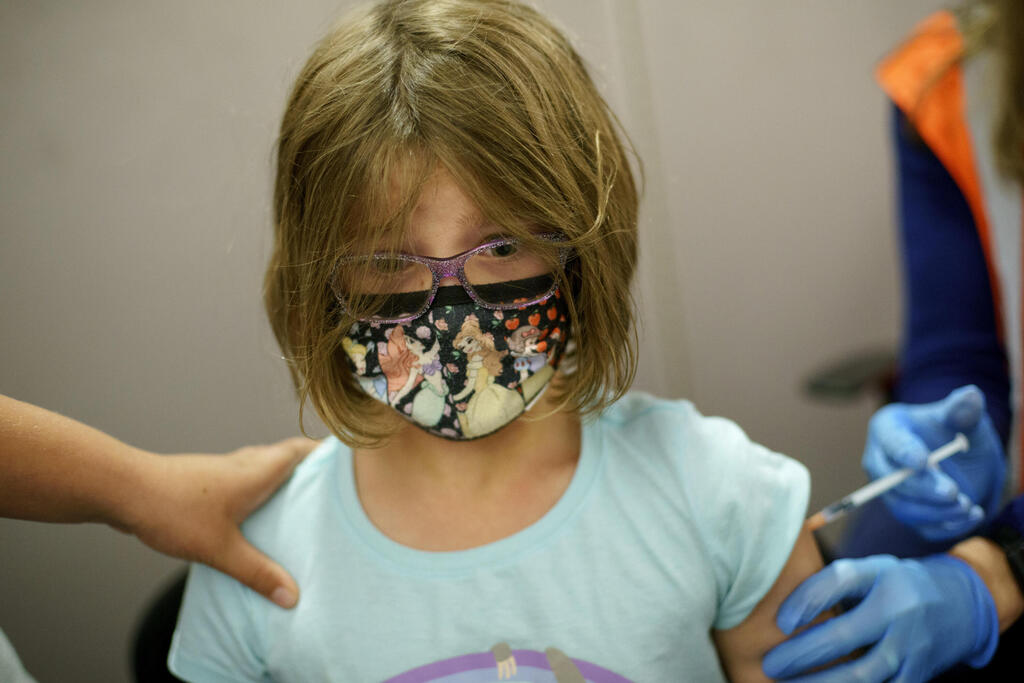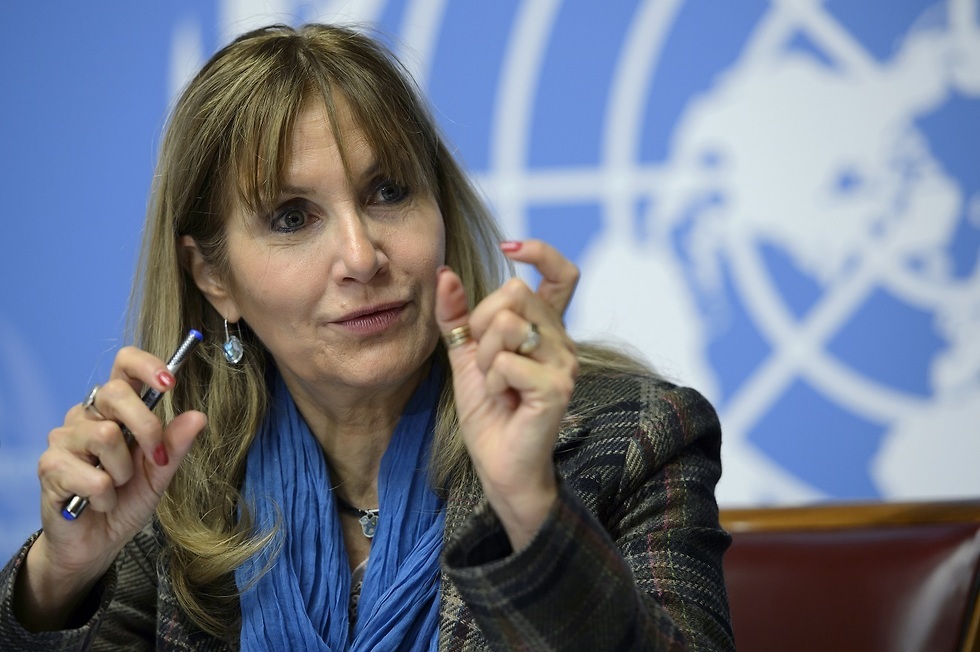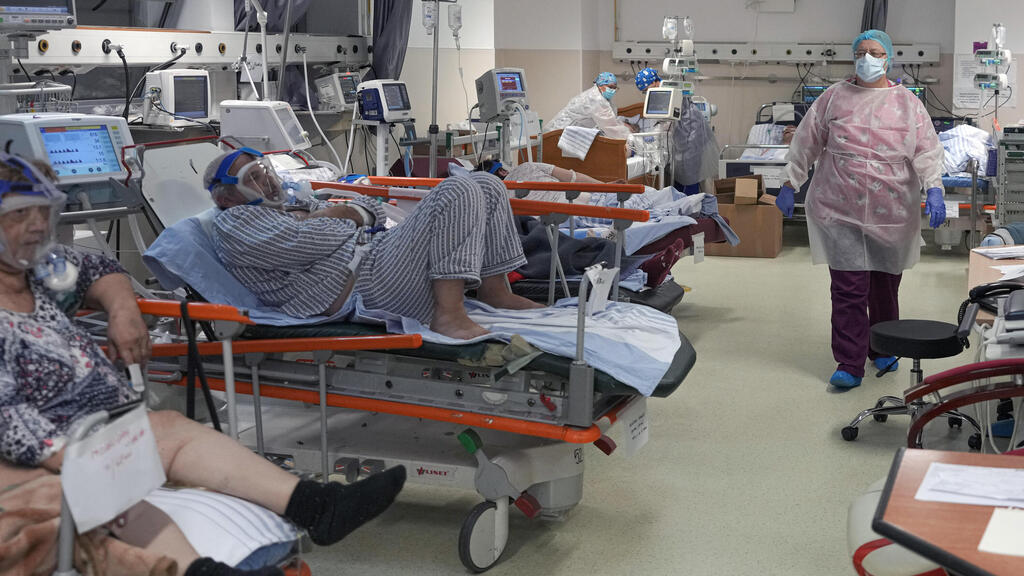Getting your Trinity Audio player ready...
The World Health Organization (WHO) is eyeing Israel's decision on pediatric vaccinations, an Israeli member of the international body says on Sunday.
In an interview with Ynet, WHO's Regional Emergency Director for Europe Dr. Dorit Nitzan said that the orginization has not yet considered vaccinating children age 5-11 because many countries have yet to start rolling out the booster shot. "let's see what Israel decides," she said.
Nitzan said that Europe is experiencing a surge in COVID cases caused by the Delta variant, with record-breaking numbers of infections and deaths across the continent.
She said 70% of Europeans who are eligible for the vaccine have not yet received them, with WHO estimating the low vaccination rates resulted in 500,000 surplus deaths.
"The population that is unvaccinated continues to endanger itself and the health system professionals," Nitzan said.
"They are causing a massive strain on hospitals even in countries that are already offering the booster shots and that is a source of great concern," she said.
"It is important for everyone to understand that in the fight against the pandemic, the effort is in regular people's hands. We must help each other out of it with vaccines, masks and other mitigation efforts," she said. "We must not leave anyone behind and although it is hard now, we must remain optimistic."
Nitzan said the continued outbreaks allow the virus to further mutate.
Israeli doctors working in Europe say the surge is similar to Israel's fourth wave of infections, which has been on the decline in recent weeks.
"We are seeing an increasingly young population of patients in the hospital, most of whom are unvaccinated," Dr. Vadim Friedman who is working in Romania said.
Dr. Nir Kelerman, who works in a hospital in Berlin, reported the same situation.
"We are seeing restrictions come back in an effort to slow the spread of the virus," he said.
Nitzan said that Israelis traveling to Europe must be vigilant even if they are fully vaccinated.
"I would suggest they maintain social distancing, wear masks and avoid crowded areas," she said noting that not all European countries offer a sufficient level of medical care.





